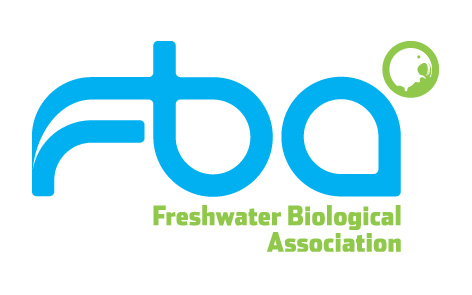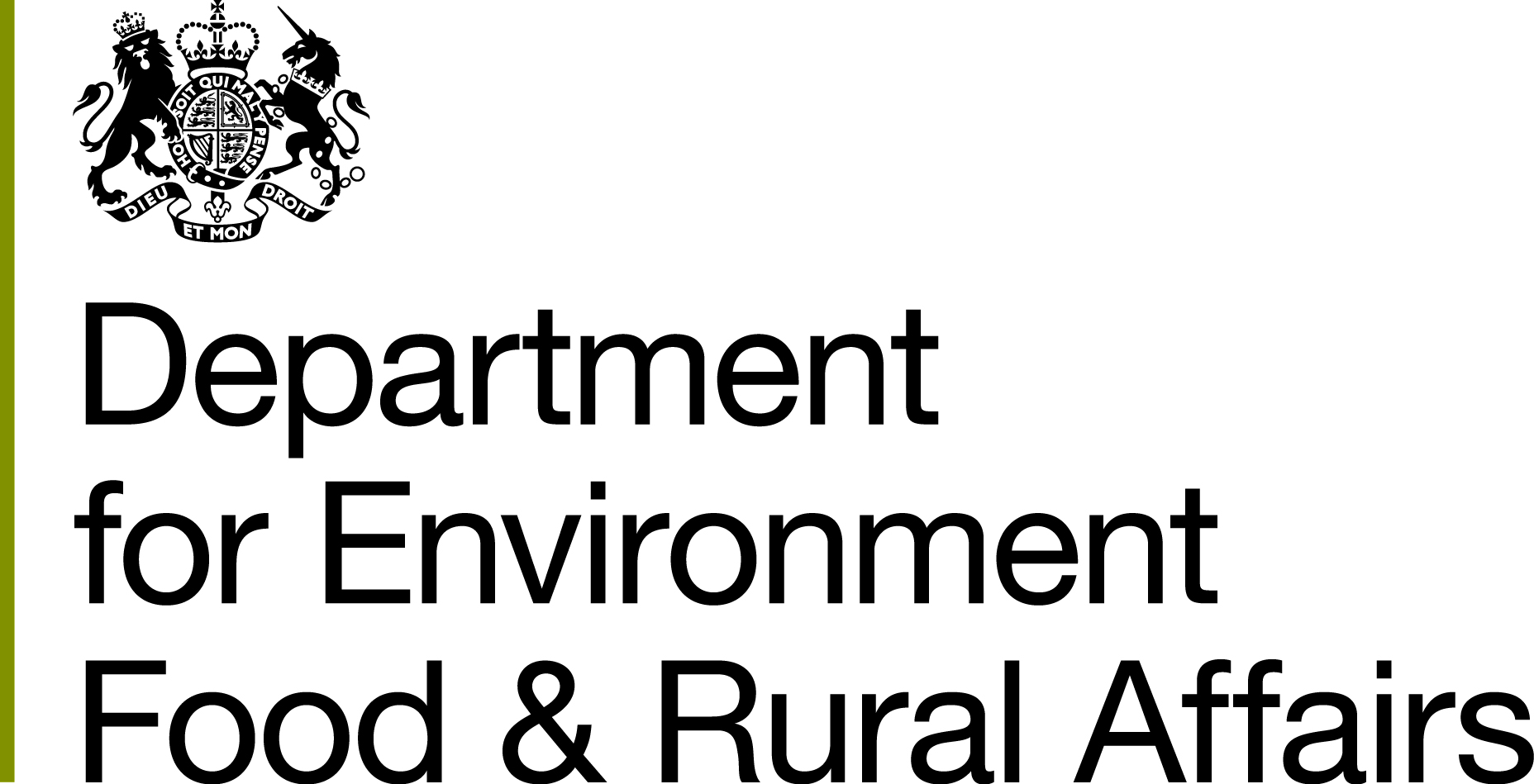The Agricultural and Environmental Data Archive (AEDA) is the direct result of a project managed by the Freshwater Biological Association in partnership with the Centre for e-Research at King's College London, and funded by the Department for the Environment, Food & Rural Affairs (Defra). This project ran from January 2011 until December 2014 and was called the DTC Archive Project, because it was initially related to the Demonstration Test Catchments Platform developed by Defra. The archive was also designed to hold data from the GHG R&D Platform (www.ghgplatform.org.uk). After the DTC Archive Project was completed the finished archive was renamed as AEDA to reflect it's broader remit to archive data from any and all agricultural and environmental research activities.
The Archive contains many different types of information ranging from, scientific datasets, grey literature, images, video, library catalogue records and a variety of other information. All of this information is stored in an appropriate format for long-term digital curation purposes and adheres to various data standards such as those of the ISO 19100 series and EU Inspire Directive. The archive is also designed to work with the latest Open Linked Data tools and technologies, so that it can take advantage of the opportunities afforded it by the semantic web and related advances in computer science.
Origins of the Archive
AEDA is housed by the Freshwater Biological Association who manage and develop the archive system and curate it's content. The FBA's expertise in data management and data science has a long history which begins with the creation of the FBA's library in the 1930s. Home to some extremely rare and difficult to find material the FBA houses probably the finest collection of freshwater related literature in the world.
As the world of digital content began in earnest the FBA moved towards the future by embracing digital data and information, in the later 1990s preliminary work on this led to the establishment of the FreshwaterLife project in 2001.
FreshwaterLife began officially in 2001 with a staff of two, Anne Powell and Kearon McNicol, who together developed both the IT and the biological sides of the project. Previous to this there was a pilot project – PondFX. This pilot was executed by Pond Action (later Pond Conservation) and funded by Syngenta (then Astra Zenneca), to investigate modelling the effects of pesticides on invertebrate communities. However, when the pilot ended, those involved realised the potential benefits of building on, and sharing the database of life history attributes behind the models. FreshwaterLife was thus conceived.
There followed a gestation period of several years, whilst the founding members of FreshwaterLife mulled over the idea and considered the financial and technical issues involved. This finally culminated in a scoping/feasibility study in 2000, leading to the establishment of FreshwaterLife in 2001 and its steering group referred to as the Core Group.
A home for FreshwaterLife was found at the FBA at their headquarters on the shores of Lake Windermere, with initial funding coming from a group of core contributors; Syngenta, Pettman and Associates and The Freshwater Habitats Trust (then known as Pond Action) – representing the originators and founders of the project. Other supporters included the Environment Agency for England and Wales, WWF-UK and the Environment Heritage Service of the Department of the Environment in Northern Ireland.
From 2009 the Joint Information Systems Committee (JISC) funded a variety of digital infrastructure projects, two of which were awarded to the FBA and it's long-term collaborator the Centre for E-Research at KCL. These two projects FISHNet & Fish.Link focuses on how to best share data amongst members of the freshwater community and how to link disparate datasets together in a useful way using semantic web technologies. The FBA and KCL used these projects to expand and improve the expertise available to them from the FreshwaterLife project, and to develop pilot infrastructure to deal with the data sharing needs identified.
As a direct result of the two JISC projects the FBA & KCL were successfully able to bid for the Defra DTC Archive project when it was announced. This four year project gave the opportunity to take all the lessons learned since the early 2000s and use them to create a robust digital curation and publication platform which finally resulted in the Agricultural and Environmental Data Archive.






